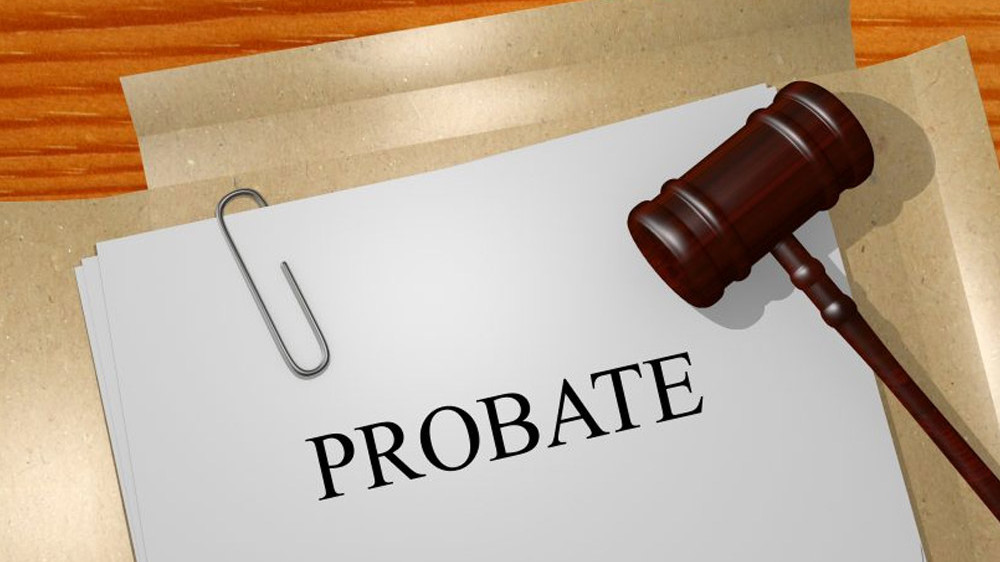The general rule is that if the deceased had assets only in their own name, then probate will always be required- but if the assets were only low value bank or building society accounts, or all assets were in joint names, it may not be needed.
There is no definition for what legally constitutes a ‘small estate’, but a lower limit of £5,000 is typically set in terms of cash in a bank or building society account. However, the type of asset is the key to whether probate will be required. Where land or property is involved, probate will usually be necessary, (unless it is held in joint names, in which case the asset will automatically pass to the surviving joint owner, usually a spouse or civil partner).
What are the limits?
Typically, if an estate is simply an amount of money in a single bank or building society account, and there are no shares, ISAs or investment bonds involved, then a Grant of Probate is usually not required. If a bank or building society account contains less than £15,000, some organisations will permit the account to be closed on production of the death certificate. However, all banks and building societies have their own internal rules, and this figure could range between £5,000 and £25,000.
Naturally, if an estate includes shares, property or business interests, it may well include a number of beneficiaries and its division will be far more complex. In such cases, probate will need to be obtained.
It is also important to remember that probate must be obtained on the whole estate. If you have dealt with some assets yourself but then require probate to deal with others, you could be liable for a fine. An executor is liable for unpaid debts that are unearthed through a will, or if valid beneficiaries come forward at a later date after everything has been paid out. Obtaining probate guards against this.
What is the process?
Firstly, the will needs to be reviewed, in order to establish:
How many assets it contains;
The likely beneficiaries.
The estate will also need to be valued. The valuation will take account of:
- Money;
- Investments;
- Property;
- Possessions
The value of any debts and liabilities will need to be deducted as part of the process. The overall figure is then used for the Grant of Probate and any Inheritance Tax matters.
What about Inheritance Tax?
Regardless of the estate’s size, a form IHT205 will need to be completed and submitted to the Probate Registry. If the estate is large, the form will also need to be returned to HMRC.
Important Considerations
If you are applying for probate yourself, you will also need to complete a PA1 form (this is not necessary if a solicitor is acting for you.)
Due to their complexity, it is always advisable to seek legal advice in relation to wills and probate matters. As some of the most experienced wills and probate solicitors in Leeds, and with over 40,000 wills held in our will bank, Ison Harrison have the experience and knowledge to guide you through this process. Please contact 0113 284 5000 to speak to a member of our friendly, knowledgeable team.





